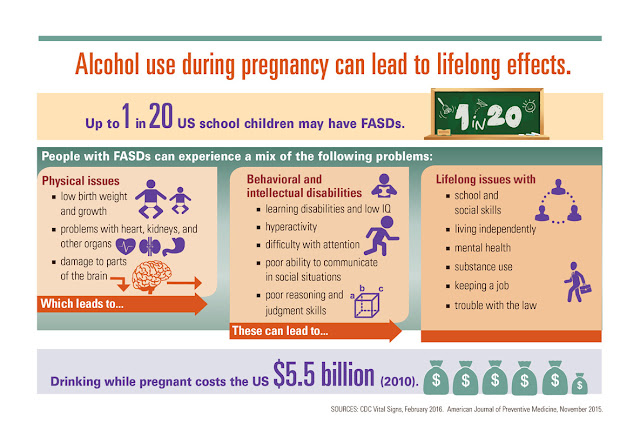Navigating Grief and Loss During the Holidays
I think that all of us can agree that 2020 has been a challenging year. Many things have been difficult and unsettling, from the unrest in our country to the unprecedented Covid-19 pandemic. Under normal circumstances, the holiday season can be difficult for those who are grieving the loss of a loved one. The world may tell us that this season is full of joy, but it may not be that way for those that are grieving. The holidays may be a time that we wish that they could be with us. For many of us, the holidays are a time in which we cherish the time to be together, but this year, that may look different for many people. Our friends at Trellis Supportive Care (formerly the Hospice and Palliative Care Center) have compiled a number of helpful resources for families to help to navigate the grieving process, especially during this holiday season. In addition, Trellis has a counseling and education center where trained bereavement counselors provide grief counseling free of charge to Fors


